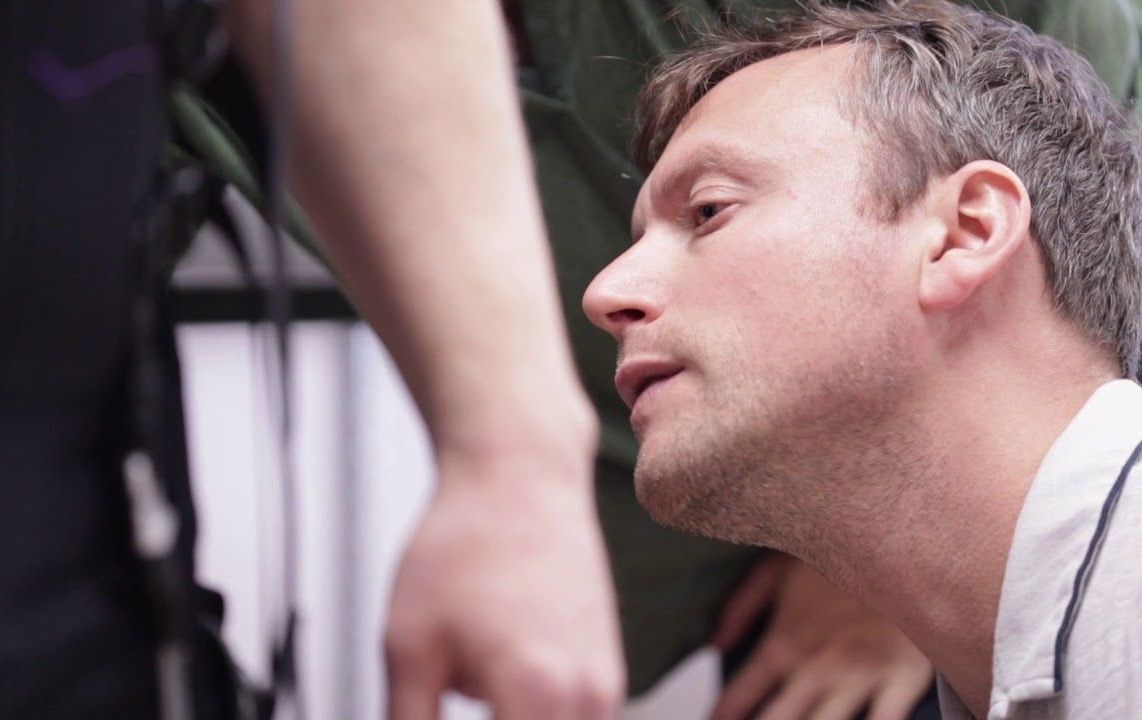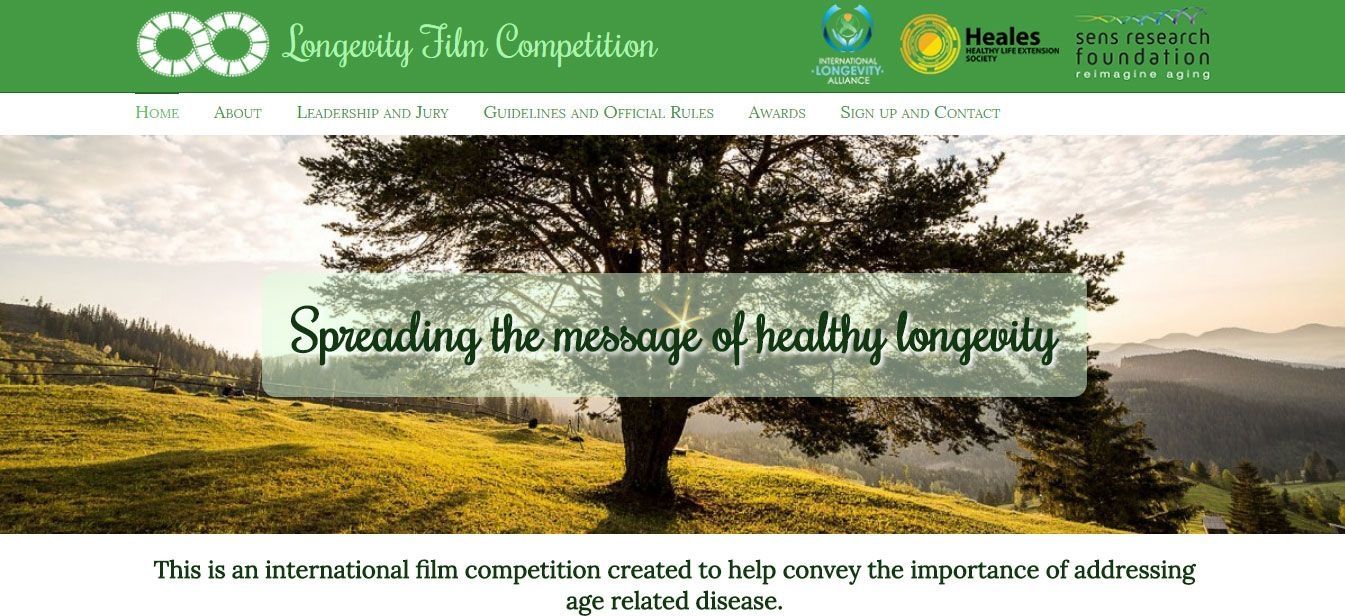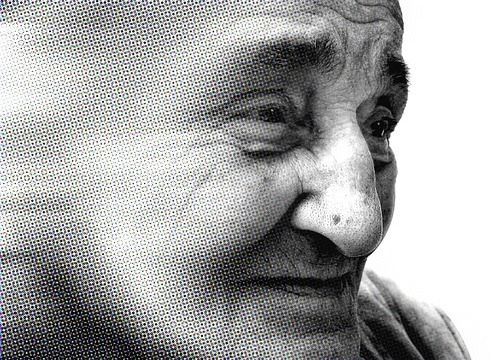Interstellar travel one of the most moral projects? “one of the most moral projects might be to prepare for interstellar travel. After all, if the Earth becomes inhabitable—whether in 200 years or in 200,000 years—the only known civilization in the history of the solar system will suddenly go extinct. But if the human species has already spread to other planets, we will escape this permanent eradication, thus saving millions—possibly trillions—of lives that can come into existence after the demise of our first planet.”
The Red Planet is a freezing, faraway, uninhabitable desert. But protecting the human species from the end of life on Earth could save trillions of lives.
ANNOUNCING THE LONGEVITY FILM COMPETITION
Please join in the crusade of eliminating age-related disease by making a video, and not only potentially help save lots of lives, but also win the first prize of $10,000! Second prize is a trip to meet Dr. Aubrey de Grey! This international (short) film competition is presented by the SENS Research Foundation, the International Longevity Alliance and Heales. The winning film will be chosen by our remarkable jury. For more information on how to compete and to sign up please visit www.longevityfilmcompetition.com
The workings of memory and learning have yet to be clarified, especially at the neural circuitry level. But researchers at Uppsala University have now, jointly with Brazilian collaborators, discovered a specific brain neuron with a central role in learning. This study, published in Neuron, may have a bearing on the potential for counteracting memory loss in Alzheimer’s disease.
When a person with dementia forgets having just eaten dinner, it is due to hippocampus damage. In contrast, the same person can describe in vivid detail a fishing trip to Norway 40 years ago. Both cases entail the use of episodic memory, the brain’s storage of events in which we have been personally involved. Dementia diseases impair the ability to form new memories, especially of events since the onset of the disease.
Researchers at Uppsala University have now, jointly with Brazilian colleagues, found certain neurons in the brain that play a crucial part in learning. The same research group had previously discovered ‘gatekeeper cells’ or, in technical parlance, OLM (Oriens-lacunosum moleculare) cells. These are located in the hippocampus, the brain area known to be active in forming new memories. The new findings from Klas Kullander’s research group show that OLM cells’ activity affects the encoding of memories in the brain.
RENTON, Wash. — Forecasts that predict the space industry to grow to a trillion dollars by the 2040s will require the development of new markets, even with the modest annual growth rates needed to achieve that goal.
A panel session June 26 at the Space Frontier Foundation’s NewSpace 2018 conference here noted that several reports in the last year by investment banks predicted that the global space economy, currently valued at about $350 billion, could grow to $1 trillion or more in the 2040s.
One report by Goldman Sachs predicted the industry would reach $1 trillion in the 2040s, noted Jeff Matthews, a consultant with Deloitte who moderated the panel discussion. A separate study by Morgan Stanley projected a “most likely outcome” of a $1.1 trillion space economy in the 2040s. A third study by Bank of America Merrill Lynch was the most optimistic, seeing the market growing to $2.7 trillion by the same timeframe.
You’re probably familiar with the feeling of slight disappointment that you may have when a good thing—say, a nice trip—is over. Just as you say that it’s too bad that the experience is already finished, someone will probably say that you had a good time nonetheless; an innocent, fitting expression to cheer you up a little bit. This phrase can be harmlessly used in a variety of circumstances, but there’s one in which it really doesn’t fit at all, yet people keep using it: when somebody dies of aging.
Not quite the same thing
In the summer of 2011, my 99-year-old grandmother was dying. She was relatively fine one day, and then on the next day, for no apparent reason, she was in bed, barely conscious. Throughout the subsequent month, she never got out of bed; all her physical necessities were being taken care of by my aunt, who was assisting her day and night. She was drip-fed for the entire month until her death. The doctors couldn’t really do anything for her, and my aunt, stressed to her limit, was torn between the sight of the non-life her mother was going through and the thought that suspending the drip feed would possibly have been the more humane choice. The drip was never suspended, and eventually, my grandmother died.









